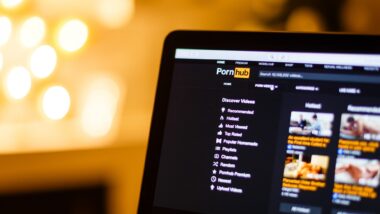WorldChanging.com hat J.D. Lascia, den Geschäftsführer von OurMedia.org interviewed. U.a. geht es um eine Abgrenzung von OurMedia zu Seiten wie Youtube.
MK: What about citizen media for social change? Are you seeing groups forming around social issues?
JL: Yeah. One of the big changes we want to make on OurMedia in the next few months is to make it more of a community-centric site. The world doesn’t need another YouTube. I’m not picking on You Tube, but they’re the ones who are getting all the attention today. There are plenty of sites now where you can just upload your funny video, right? We want to get to a place where more people can feel like they’re doing something – they’re creating video for a social purpose. So, if your passion is all about local politics or the environment or energy or global warming, you should be able to share your thoughts in a text blog or video or podcast.
I would like to see some of these video-sharing sites enable people to go beyond their enclosed walled gardens to connect with each other. And that’s another one of our initiatives – to serve as more of a window into the open media world instead of trying to nudge people into single-destination sites. It sort of contradicts the traditional notion of what you do when you build a website, which is to try to bring people and have them stay. But I think we’re at a stage now on the web where the users are savvy enough to appreciate sites that send them away, and that’s when they’ll come back – when they know that they’re not captive prisoners, but are pointed to something valuable, whether it’s on your servers or somebody else’s.
Meiner Meinung nach sollte die Bundeszentrale für politische Bildung auch mal einen Service wie OurMedia anbieten, wo Bürger ihre selbsterstellten Werke online stellen und teilen können.




0 Ergänzungen
Dieser Artikel ist älter als ein Jahr, daher sind die Ergänzungen geschlossen.